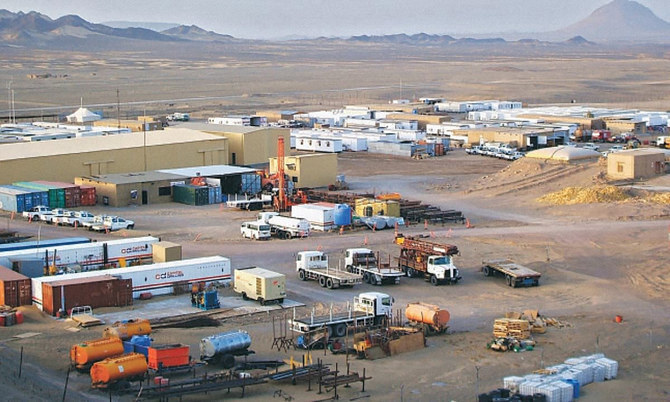ISLAMABAD: The families of 13 Pakistani nationals allegedly taken hostage by job scammers in Myanmar have appealed to authorities this week to secure their release, saying their loved ones are being confined to a compound, subjected to torture and forced to lure customers online for cryptocurrency scams.
The incident is part of a growing trend of Pakistanis falling victim to transnational criminal networks operating in Southeast Asia. In July this year, families of six other Pakistanis reported similar cases, claiming their relatives were held hostage by criminal gangs in Myanmar.
According to the families of the 13 individuals, including two women, they traveled to Thailand in March on valid work visas for a construction company, where they worked for two months. Subsequently, they were relocated to Laos and then Myanmar after their employer claimed to be moving operations.
The victims, who had completed short computer and IT courses, had prior experience in online jobs and were recruited by an agent in Rawalpindi, Pakistan.
âThey are now being held hostage in Myanmar, subjected to physical torture and sleep deprivation and forced to lure customers from Europe, America and Canada into cryptocurrency scams,â Danish Qamar, a resident of Wah Cantt in Punjab province, whose brother and nephew are among the trapped, told Arab News.
âThey are tortured and made to work over 18 hours daily to trap people into fake cryptocurrency investments,â he added. âWe have written applications to Pakistanâs foreign office and the Overseas Pakistani Foundation, but there has been no meaningful response.â
The issue of Myanmarâs criminal zones has also raised global concern, with the United States Institute of Peace reporting in November 2022 that these areas have been facilitating human trafficking, slavery and international fraud on a large scale.
Such criminal activities exploit vulnerable individuals, lured by the promise of high-paying jobs abroad, only to be trapped in forced labor and fraudulent operations.
Earlier this year, Pakistanâs foreign office acknowledged reports of Pakistani citizens being detained by such networks in Myanmar, saying that its diplomatic mission in the Southeast Asian country was working with local authorities to secure their release. The foreign office also emphasized the need for a coordinated international response to combat human trafficking and transnational organized crime.
Asked about the 13 Pakistanis, foreign office spokesperson Mumtaz Zahra Baloch reiterated in a brief response to Arab News, âOur mission is in contact with the relevant authorities.â
However, she did not provide further details on the number of Pakistanis held or the measures being taken for their release.
According to the families, the 13 individuals have been trapped in Myanmar for about 20 days. Efforts to seek help from Pakistani missions in Myanmar and Thailand have proven futile, as officials reportedly cited limited access to the âlawlessâ border regions where the victims are being held.
âOfficials say this is a lawless area, but the scammers have all the facilities like the Internet and electricity to run their operations,â said Maqsood Sadiq, the father of Suleman, 20, one of the hostages.
âWe urge the government to act immediately to secure their release,â he added.
Families of Pakistanis trapped in forced labor in Myanmar urge authorities to secure release
https://arab.news/m69fm
Families of Pakistanis trapped in forced labor in Myanmar urge authorities to secure release

- Thirteen Pakistanis were allegedly lured with job offers and trafficked to Myanmar from Thailand
- Families say captors torture them to lure others into cryptocurrency scams disguised as investments

















